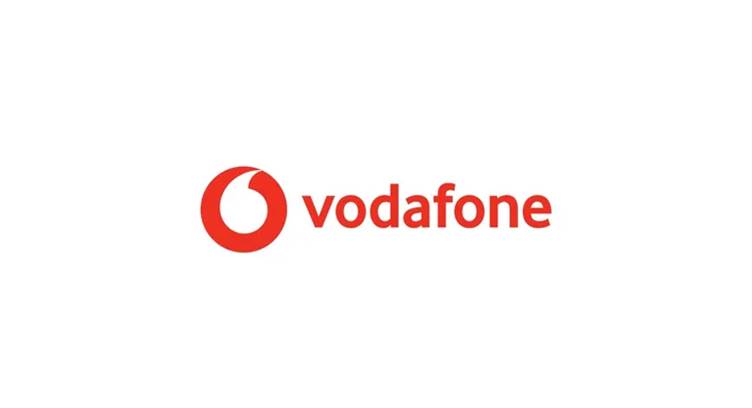Vodafone UK has released its annual Carbon Reduction Plan for its UK operations, with the report highlighting a successful period with the company vastly reducing its impact on the environment.
In the three-year period between March 2020 and March 2023, Vodafone reduced the carbon emissions from its own operations by 92%.
Known as Scope 1 and Scope 2, these two categories encompass the carbon emissions from operations Vodafone directly control, such as the energy to power the network and the vehicles engineers use to visit mobile sites.
Since March 2020, the amount of emissions created by Vodafone in the UK annually has been reduced by 86,360 tonnes of CO2e, to only 7,154 tonnes a year.
The main way this has been achieved is through various different programmes to ensure 100% of all electricity consumption is generated via renewable sources. This was first achieved in July 2021.
Vodafone has accomplished this through partnerships with energy companies – such as Renewable Energy Guarantees of Origin (REGOs) certificates – as well as longer term investments in solar and wind farms in various UK locations.
In April, Vodafone announced it had installed 720 solar panels at a Mobile Telephone Exchange in Gloucester. The panels will produce around 240,000 kWh of renewable electricity a year, supplying around 12% of the site’s annual energy requirement. This reduces the reliance on the national grid, creating an on-site source of energy.
Other initiatives during the period include the installation of a self-powering mobile phone mast in Wales, agreements with electricity companies to part-fund the construction of new solar farms and progress towards creating an all-electric fleet of vehicles for engineers to use while keeping the network running smoothly.
The final area is Scope 3, a measure of the emissions that are generated through a company’s supply chain. Although Vodafone does not have direct control over these emissions, it has invested in enhanced ESG reporting capabilities to improve the quality of data to better address the challenge.
Initiatives to help Vodafone’s supply chain work towards a cleaner future include requirements for key suppliers to set a 1.5°C science-based carbon target and to report on environmental performance to CDP, a non-profit that helps companies, cities, states, regions and public authorities disclose their environmental impact.






















